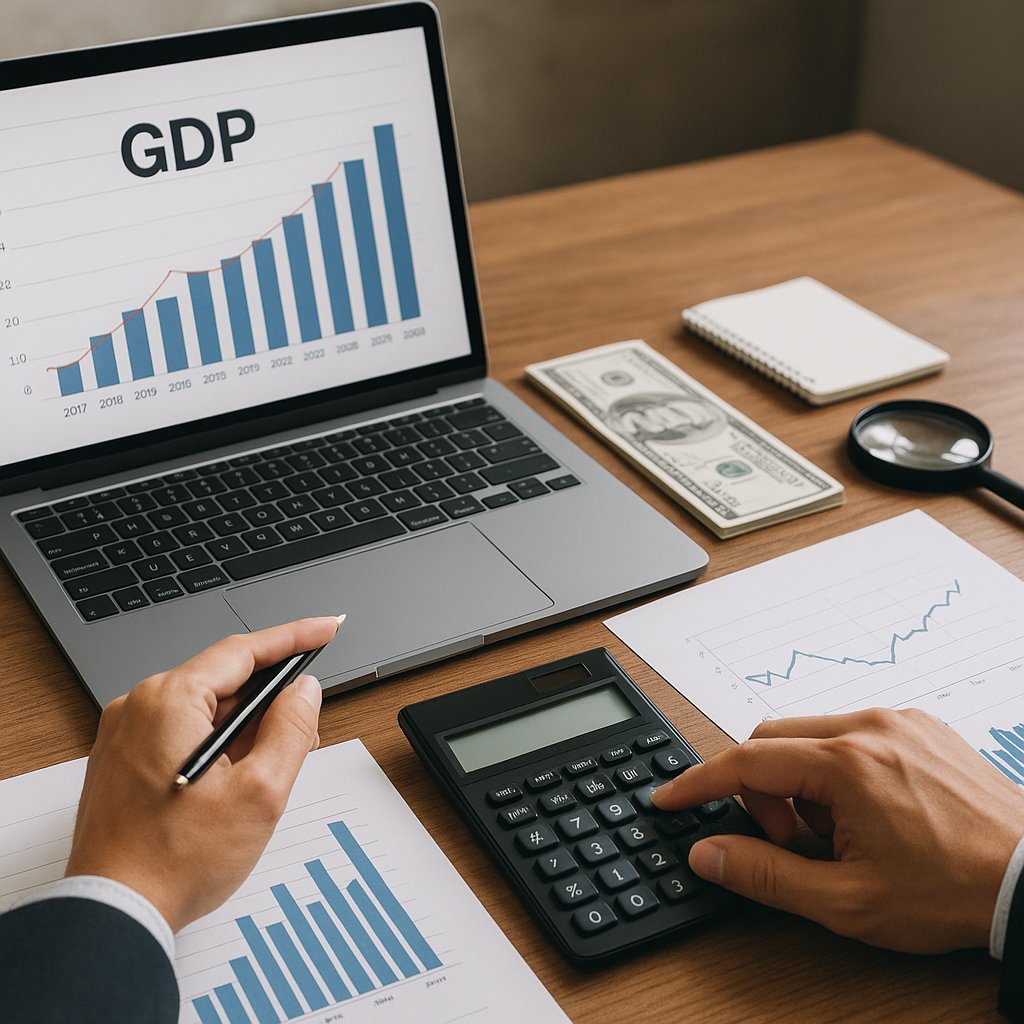Introduction to Choosing a Forex Broker
Choosing the right Forex broker is a critical step for anyone looking to invest in currencies. The Forex market, being the largest and most liquid financial market in the world, offers numerous opportunities for profit. However, the vast number of brokers available can make the selection process daunting. This article aims to guide you through the essential factors to consider when choosing a Forex broker, ensuring that you make an informed decision that aligns with your investment goals.
Regulation and Security
One of the most important factors to consider when choosing a Forex broker is regulation and security. A regulated broker is one that adheres to the rules and standards set by a governing financial authority. This ensures that the broker operates in a transparent and fair manner, providing a level of security for your investments.
Why Regulation Matters
Regulation is crucial because it protects investors from fraudulent activities and ensures that the broker operates with integrity. Regulated brokers are required to maintain segregated accounts for client funds, which means your money is kept separate from the broker’s operating funds. This reduces the risk of losing your investment if the broker faces financial difficulties.
How to Check for Regulation
To verify if a broker is regulated, you can check the broker’s website for information on their regulatory status. Most reputable brokers will display their regulatory information prominently. Additionally, you can cross-check this information with the regulatory authority’s website. Some of the well-known regulatory bodies include:
- Financial Conduct Authority (FCA) in the UK
- Commodity Futures Trading Commission (CFTC) in the USA
- Australian Securities and Investments Commission (ASIC) in Australia
- Cyprus Securities and Exchange Commission (CySEC) in Cyprus
Trading Platforms and Tools
The trading platform is your gateway to the Forex market, and it is essential to choose a broker that offers a reliable and user-friendly platform. The platform should provide all the necessary tools and features to help you execute trades efficiently and analyze the market effectively.
Key Features to Look For
When evaluating a trading platform, consider the following features:
- User Interface: The platform should have an intuitive and easy-to-navigate interface. This is especially important for beginners who may find complex platforms overwhelming.
- Charting Tools: Advanced charting tools and technical indicators are essential for analyzing market trends and making informed trading decisions.
- Order Types: The platform should support various order types, such as market orders, limit orders, and stop-loss orders, to give you flexibility in executing trades.
- Execution Speed: Fast and reliable trade execution is crucial in the Forex market, where prices can change rapidly.
- Mobile Compatibility: A good trading platform should be accessible on mobile devices, allowing you to trade on the go.
Popular Trading Platforms
Some of the most popular trading platforms in the Forex market include:
- MetaTrader 4 (MT4): Known for its user-friendly interface and advanced charting tools, MT4 is a favorite among traders of all levels.
- MetaTrader 5 (MT5): The successor to MT4, MT5 offers additional features such as more timeframes and advanced order types.
- cTrader: cTrader is known for its fast execution speeds and advanced charting capabilities.
- Proprietary Platforms: Some brokers offer their own proprietary platforms, which may offer unique features tailored to their clients’ needs.
Costs and Fees
Understanding the costs and fees associated with trading is essential for managing your investment effectively. Different brokers have different fee structures, and these can significantly impact your overall profitability.
Types of Fees
Here are some common types of fees you may encounter:
- Spreads: The spread is the difference between the bid and ask price of a currency pair. Brokers may offer fixed or variable spreads. Lower spreads are generally more favorable for traders.
- Commissions: Some brokers charge a commission per trade in addition to the spread. This is more common with ECN (Electronic Communication Network) brokers.
- Swap Fees: Also known as rollover fees, these are charged when you hold a position overnight. The fee can be positive or negative, depending on the interest rate differential between the two currencies in the pair.
- Deposit and Withdrawal Fees: Some brokers charge fees for depositing or withdrawing funds from your trading account. It’s important to be aware of these fees to avoid unexpected costs.
Comparing Costs
To compare costs between brokers, consider the following steps:
- Calculate the total cost of a typical trade, including spreads and commissions.
- Consider the impact of swap fees if you plan to hold positions overnight.
- Check for any additional fees, such as deposit and withdrawal fees.
- Look for brokers that offer transparent fee structures and avoid those with hidden charges.
Customer Support
Good customer support is essential for a smooth trading experience. You want to choose a broker that offers reliable and responsive customer service to assist you with any issues or questions that may arise.
Availability and Responsiveness
Consider the following factors when evaluating a broker’s customer support:
- Availability: Customer support should be available during the hours you plan to trade. Ideally, look for brokers that offer 24/5 or 24/7 support.
- Contact Methods: The broker should offer multiple contact methods, such as phone, email, and live chat, to accommodate your preferences.
- Response Time: Test the response time of the customer support team by reaching out with a few questions. Prompt and helpful responses are a good indicator of quality support.
Language Support
If English is not your first language, consider choosing a broker that offers customer support in your native language. This can make communication easier and more effective.
Account Types and Minimum Deposits
Different brokers offer various account types to cater to different types of traders. It’s important to choose an account type that aligns with your trading style and investment goals.
Types of Accounts
Common account types include:
- Standard Accounts: Suitable for most traders, standard accounts typically offer competitive spreads and access to a wide range of trading instruments.
- Mini and Micro Accounts: These accounts are designed for beginners or those with smaller capital. They allow you to trade smaller lot sizes, reducing the risk.
- ECN Accounts: ECN accounts provide direct access to the interbank market, offering tighter spreads and faster execution speeds. They are ideal for experienced traders.
- VIP Accounts: VIP accounts are designed for high-net-worth individuals and offer premium features such as lower spreads, dedicated account managers, and exclusive market analysis.
Minimum Deposit Requirements
Minimum deposit requirements vary between brokers and account types. Some brokers offer accounts with no minimum deposit, while others may require a substantial initial investment. Consider your budget and choose a broker with a minimum deposit requirement that you are comfortable with.
Educational Resources
For beginners, educational resources can be invaluable in helping you understand the Forex market and develop your trading skills. Many brokers offer a range of educational materials to support their clients.
Types of Educational Resources
Look for brokers that offer the following types of educational resources:
- Webinars and Seminars: Live webinars and in-person seminars provide an opportunity to learn from experienced traders and ask questions in real-time.
- Video Tutorials: Video tutorials can help you understand complex concepts and trading strategies through visual demonstrations.
- Articles and E-books: Written materials such as articles and e-books provide in-depth information on various aspects of Forex trading.
- Demo Accounts: Demo accounts allow you to practice trading with virtual funds, giving you hands-on experience without risking real money.
Importance of Continuous Learning
The Forex market is constantly evolving, and continuous learning is essential for staying up-to-date with market trends and improving your trading skills. Choose a broker that offers ongoing educational resources to support your growth as a trader.
Conclusion
Choosing the right Forex broker is a crucial step in your currency investing journey. By considering factors such as regulation and security, trading platforms and tools, costs and fees, customer support, account types, and educational resources, you can make an informed decision that aligns with your investment goals. Take the time to research and compare different brokers, and don’t hesitate to reach out to their customer support teams with any questions. With the right broker by your side, you’ll be well-equipped to navigate the Forex market and achieve your trading objectives.




